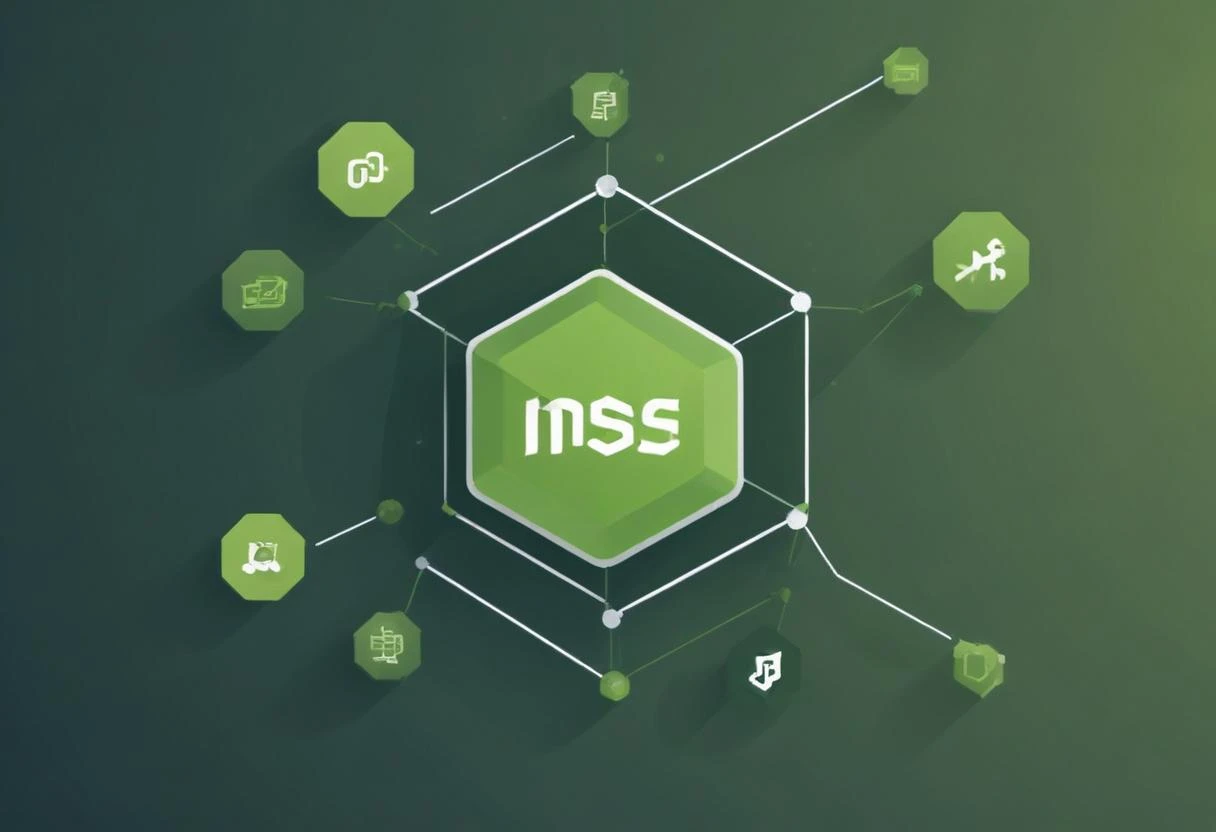Benefits of using node.js
Node.js offers several significant benefits that make it a popular choice for developers and companies alike. Here are some of the key advantages:
Created by: Adeshola Bello /
Vetted by:
Otse Amorighoye

Node.js offers several significant benefits that make it a popular choice for developers and companies alike. Here are some of the key advantages: Node.js uses non-blocking, event-driven I/O, making it exceptionally efficient and suitable for environments that require intense I/O operations. This feature allows Node.js to process several requests simultaneously, improving throughput and performance over traditional synchronous processing models. This efficiency is particularly beneficial for data-intensive real-time applications and services, allowing for smooth, high-performance operations. One of the most compelling features of Node.js is its scalability. Thanks to its event loop and non-blocking operations, Node.js can handle many connections at once, making it an excellent choice for developing microservices and large-scale applications. Node.js's ability to scale horizontally (adding more nodes) and vertically (adding more resources) allows businesses to grow their applications as needed without significant restructuring. Node.js enables developers to use JavaScript on both the client-side and the server-side. This uniformity can significantly streamline the development process, reducing the learning curve and minimizing the risk of errors due to context switching. By using a single language across the entire project, teams can work more efficiently and cohesively, improving overall productivity. Node.js benefits immensely from its extensive ecosystem, largely due to npm, the world's largest software registry. Developers have access to a vast array of libraries and tools that can help accelerate development cycles and introduce sophisticated functionality without the need for extensive coding. With these resources, developers can quickly integrate new features and functionalities, shortening the development timeline and enhancing project outcomes. Node.js leverages the V8 JavaScript Engine developed by Google for the Chrome browser. This engine compiles JavaScript directly into native machine code, allowing Node.js applications to run quickly and efficiently. The performance is further enhanced by Node.js's ability to handle requests asynchronously and without blocking the main thread, ensuring smooth and fast operations. Node.js has a very active and vibrant community of developers who contribute to its development and continual improvement. This strong community support results in a wide variety of resources such as tools, modules, and best practices being readily available. The abundance of community resources helps solve problems more quickly and keeps learning curves manageable, benefiting both new and experienced developers. Node.js applications often require fewer resources (such as CPU and memory) compared to traditional single-threaded servers, especially under typical web traffic conditions. This efficiency can result in lower server costs and reduced infrastructure needs. This cost efficiency is particularly beneficial for startups and small businesses, allowing them to manage resources better and reduce operational costs. Node.js enjoys strong support from major corporations such as Microsoft, Google, and IBM, who not only use the platform but also contribute to its development. This support helps ensure the platform remains robust, secure, and at the cutting edge of technology trends. With backing from these tech giants, Node.js continues to evolve, incorporating the latest advancements and maintaining its competitive edge. Node.js supports cross-platform development, enabling developers to write code once and deploy it on multiple platforms, including Windows, macOS, and Linux. This significantly reduces development time and effort when creating applications for different operating systems. This cross-platform capability ensures a wider reach for applications and simplifies the deployment process. With Node.js, it's possible to merge web and back-end teams into one unit, streamlining development processes. This integration can lead to faster development cycles and greater synergy within the team, as the barrier between front-end and back-end development is reduced. By unifying the development teams, projects can move forward more quickly, delivering results faster and more efficiently. Node.js's non-blocking, event-driven architecture allows it to handle multiple requests simultaneously, making it ideal for real-time applications that require high-speed data processing. Node.js applications often require fewer resources, such as CPU and memory, compared to traditional single-threaded servers. This efficiency can result in lower server costs and reduced infrastructure needs. Yes, Node.js is highly scalable and can handle many connections at once. Its ability to scale both horizontally and vertically makes it suitable for large-scale applications and microservices. These benefits make Node.js a versatile and powerful choice for web development, particularly for applications requiring high performance, scalability, and real-time capabilities. Whether you are building a small startup app or a large-scale enterprise solution, Node.js offers the tools and community support to help you succeed.10 Key Benefits of Using Node.js for Web Development
1. Asynchronous and Event-Driven
Efficient Processing
Real-Time Applications
2. Scalability
Handling Multiple Connections
Horizontal and Vertical Scaling
3. Single Programming Language
Uniform Development Process
Reduced Learning Curve
4. Rich Ecosystem
Extensive Libraries and Tools
Accelerated Development
5. Improved Performance
V8 JavaScript Engine
Asynchronous Handling
6. Community Support
Active Developer Community
Quick Problem Solving
7. Cost Efficiency
Resource Optimization
Beneficial for Startups
8. Strong Corporate Support
Backing from Major Corporations
Continuous Improvement
9. Cross-Platform Development
Multi-Platform Compatibility
Efficient Deployment
10. Streamlined Development Process
Integration of Teams
Faster Development Cycles
FAQs
What makes Node.js suitable for real-time applications?
How does Node.js contribute to cost efficiency?
Can Node.js be used for large-scale applications?
Further Reading